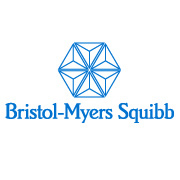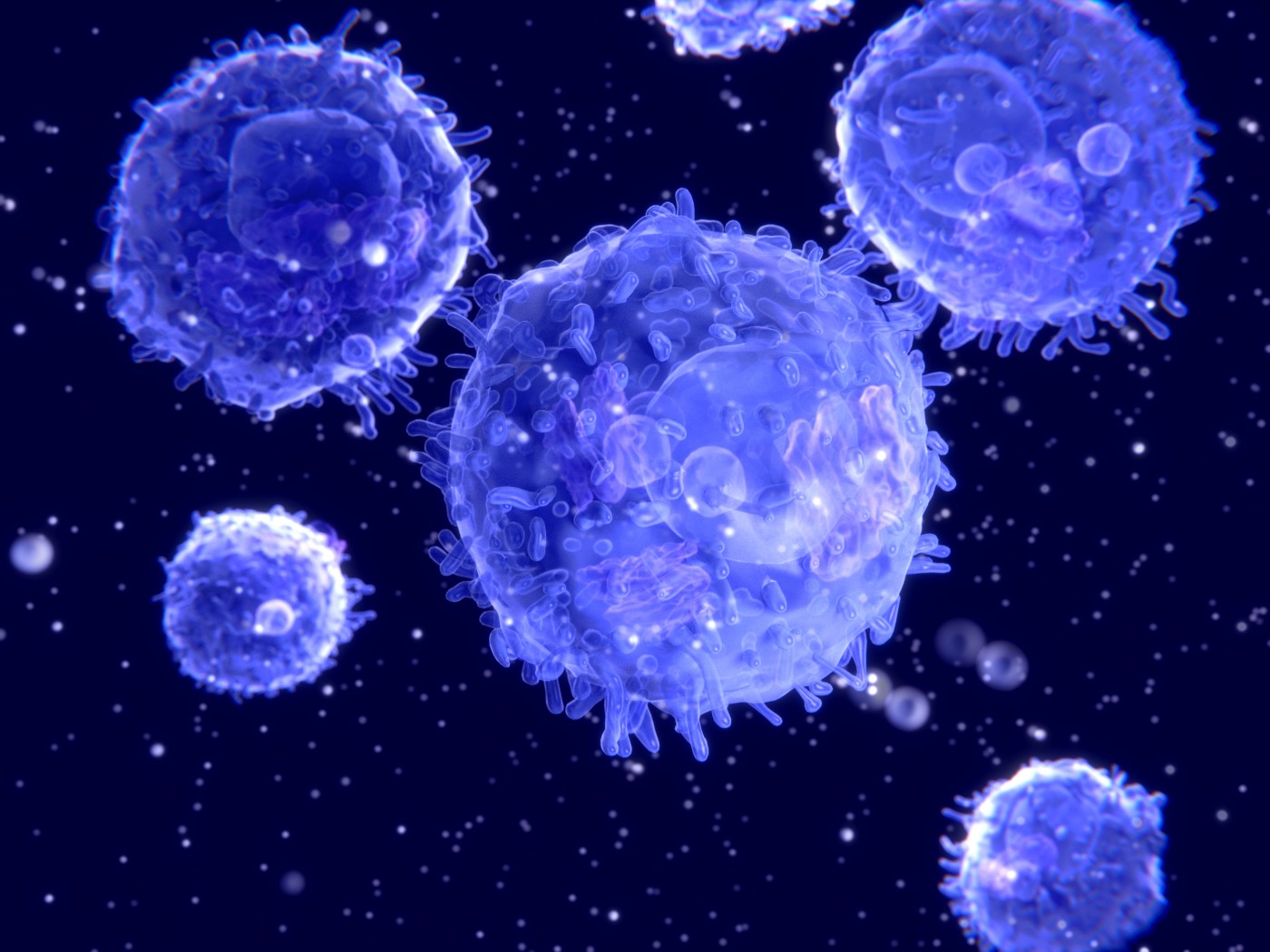 The U.S. Food and Drug Administration (FDA) has received the supplemental Biologics License Application (sBLA) submitted by Bristol-Myers Squibb Company for filing and revision of the company’s Yervoy. The medicinal product was designed as an adjuvant therapy for patients who suffer from stage 3 melanoma and are particularly at risk of recurrence after a resection surgical procedure.
The U.S. Food and Drug Administration (FDA) has received the supplemental Biologics License Application (sBLA) submitted by Bristol-Myers Squibb Company for filing and revision of the company’s Yervoy. The medicinal product was designed as an adjuvant therapy for patients who suffer from stage 3 melanoma and are particularly at risk of recurrence after a resection surgical procedure.
The decision to accept the therapy’s filing was based on data from a randomized, double-blind phase III clinical trial, CA184-029 (EORTC 18071), which evaluated the efficacy of a 10 mg/kg dose of Yervoy and its impact in both the prevention and delay of melanoma recurrence following resection and in high-risk patients. The administration has now set October 28, 2015 as its action date.
“Four years ago, Yervoy was approved for the treatment of unresectable or metastatic melanoma, the most advanced form of the disease,” said in a press release senior vice president, Head of Development, Oncology, Bristol-Myers Squibb, Michael Giordano. “Today’s announcement is a reflection of our commitment to investigate our immuno-oncology treatments for patients across lines of therapy and stages of the disease.”
Stage 3 melanoma is defined by the spread of the tumor to the lymph nodes, yet not to the distant nodes or other body regions. Patients who are at this stage of the disease need to undergo a surgical resection of both the primary tumor and the tumor in the lymph nodes. Not only is it often associated with high risk of reappearance, but there is also a lower survival rate.
However, Yervoy, a recombinant, human monoclonal antibody, is expected to improve survival and reduce the recurrence by blocking the cytotoxic T-lymphocyte-associated antigen-4 (CTLA-4), which is a negative regulator of T-cell activation. With an indirect mechanism of action, Yervoy has been demonstrated to increase the activation and proliferation of T-cells.
The FDA had already approved the use of Yervoy as a monotherapy with doses of 3 mg/kg, by 2011, in patients who suffer from unresectable or metastatic melanoma, and the treatment is already approved in over 40 countries. Bristol-Myers is investigating this immunotherapy in several different types of cancer, including prostate and lung cancers.


